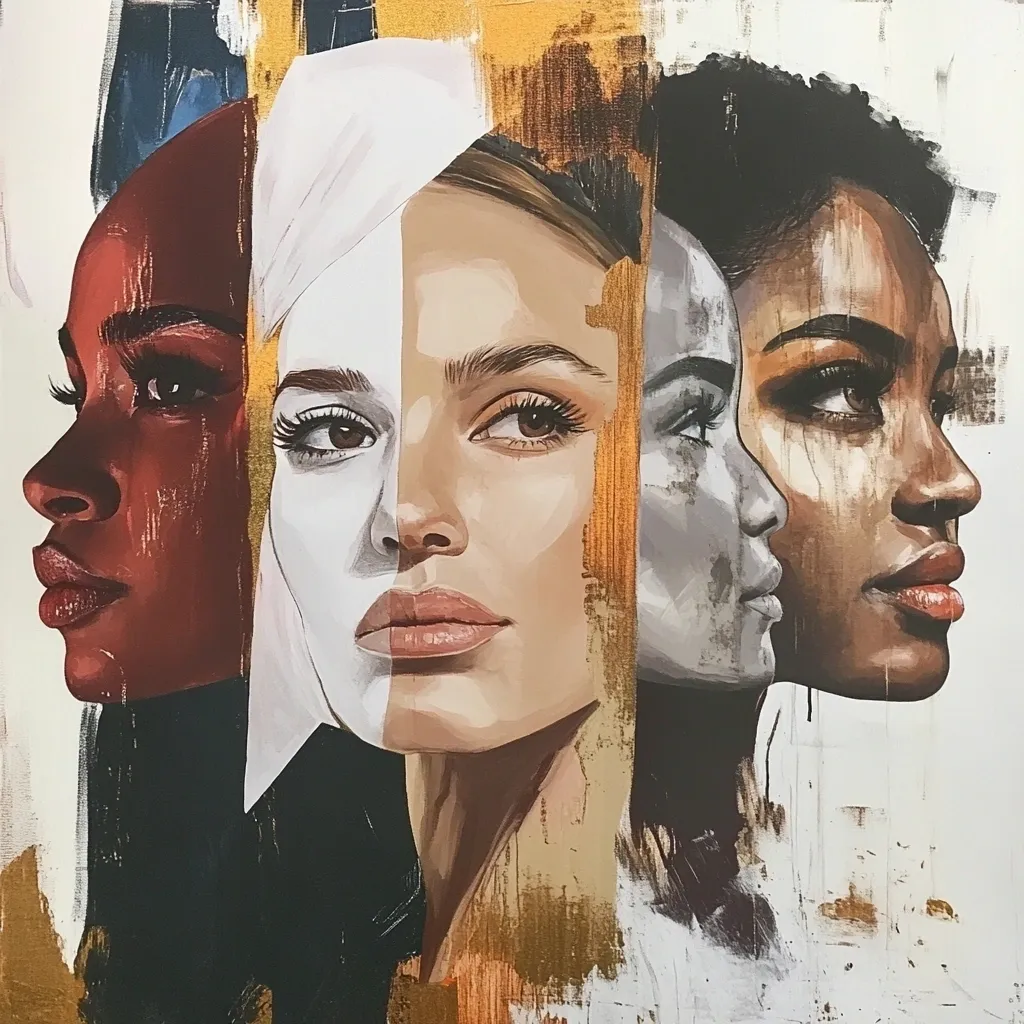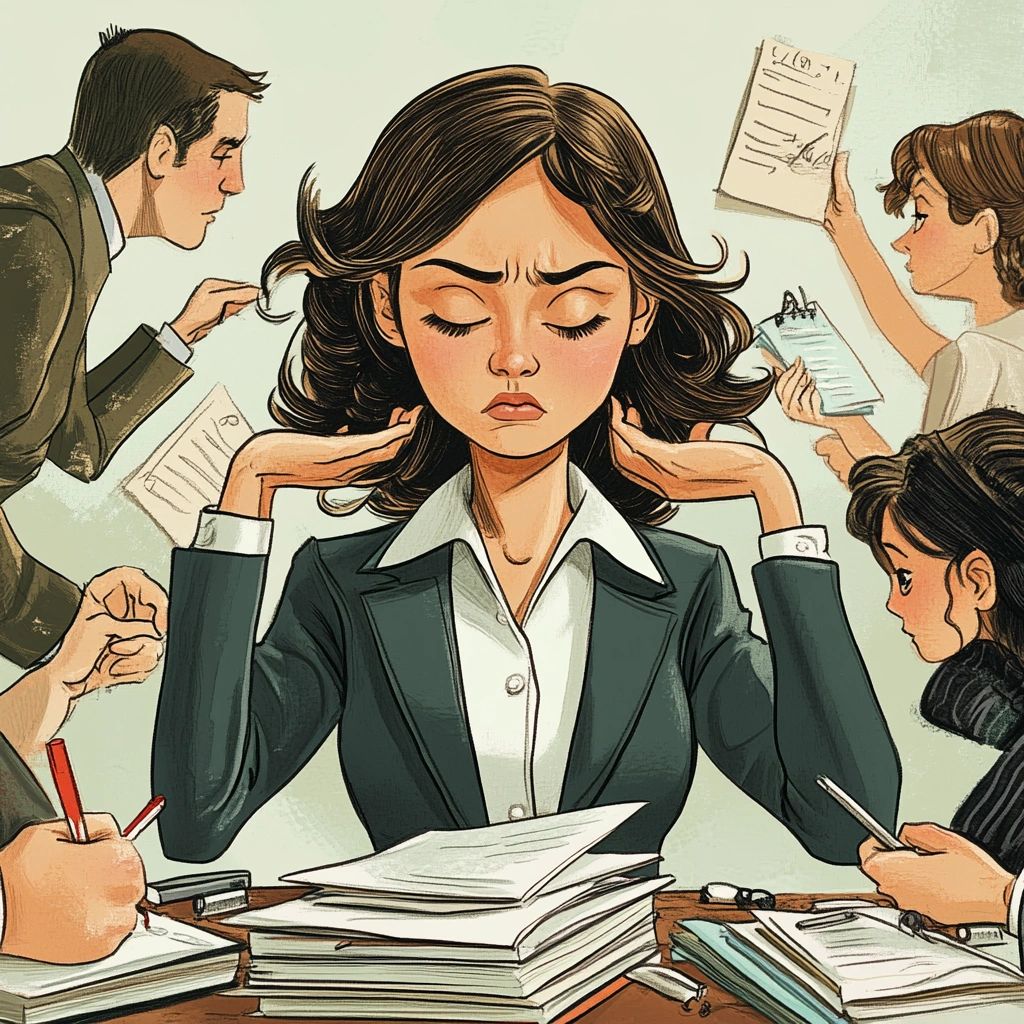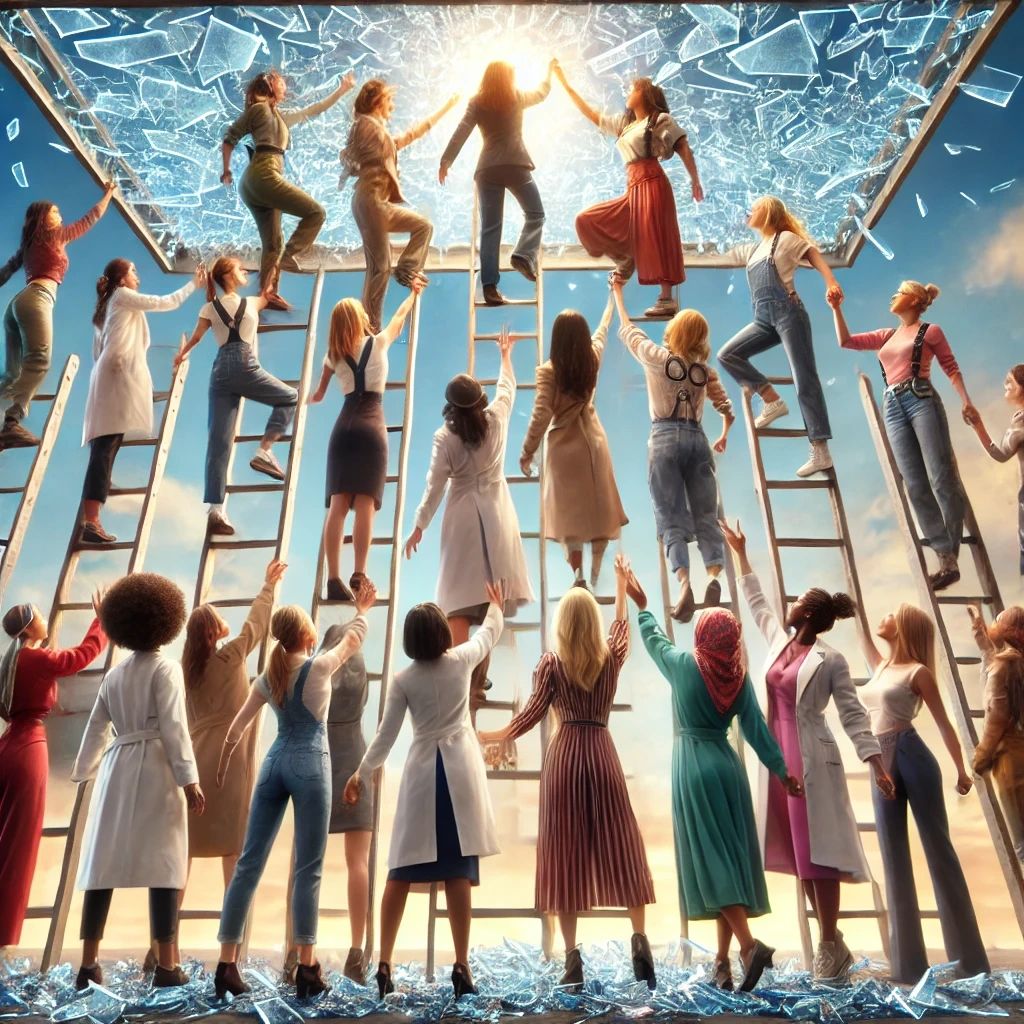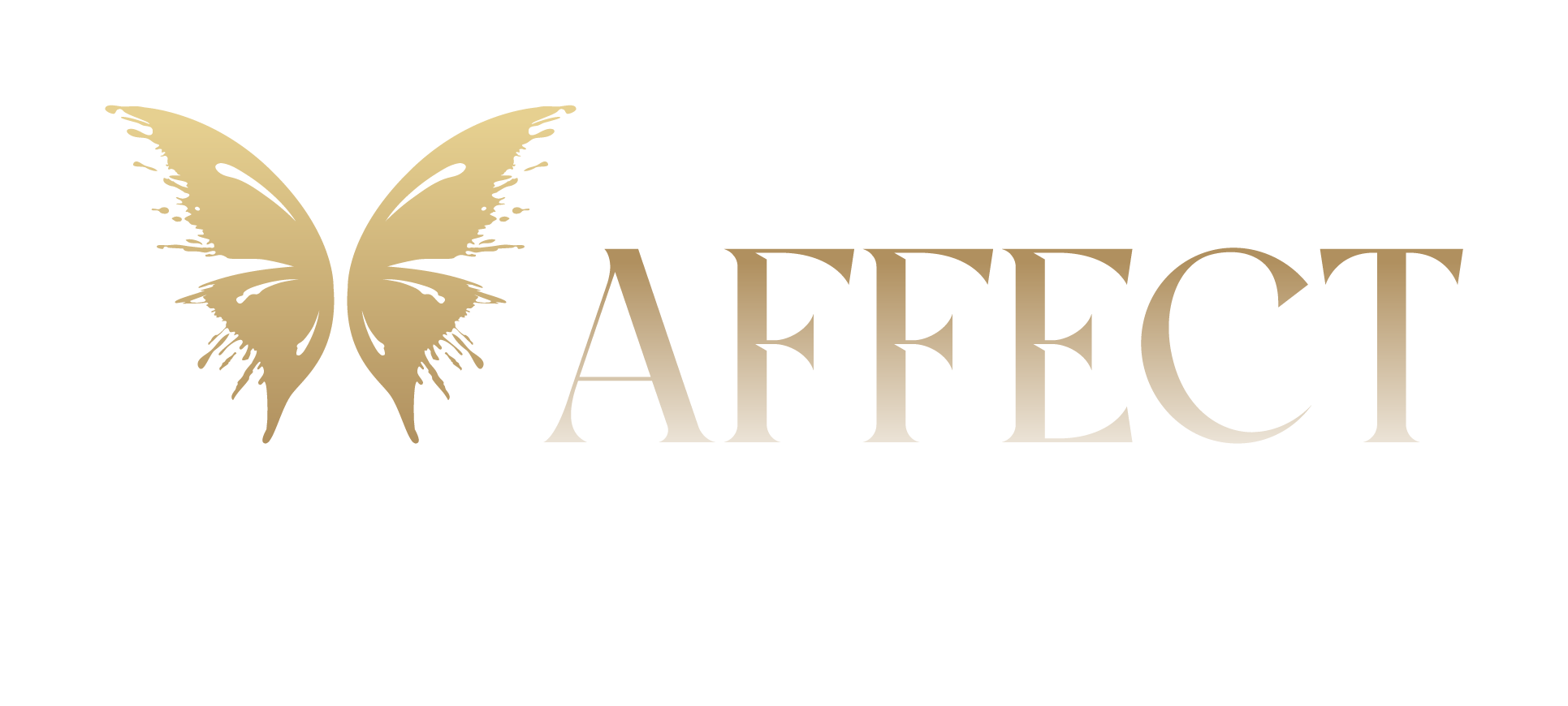
As International Women’s Day passes, I find myself reflecting on the true status of the incredible women in my life. Where do women actually stand in 2025, and how far have we really come? Despite the annual celebrations, hashtags, and corporate statements of solidarity, the lived experiences of women tell a different story. Conversations with my female friends and colleagues make it clear: we are still facing the same archaic battles, financial and emotional abuse, bullying (even from other women), and an ever-growing pressure to conform to an unattainable model of perfection personally, professionally, and socially.
The Myth of Progress: Where Do Women Stand Today?
While we applaud the incremental progress made in gender equality, the statistics indicate that systemic barriers remain firmly in place. Women continue to struggle for representation in high-paying industries, leadership roles, and creative sectors. For instance, a recent Variety report stated, "Women directed just 16% of 2024’s top 250 grossing movies." Despite all the discourse around female empowerment, the numbers tell a starkly different reality: the playing field remains anything but level.
What’s even more disheartening is that when women do speak out about these inequalities, we are often dismissed as extremists, "man-haters," or the ever-irritating "Karen’s." Who decided that advocating for basic human rights and equality should be framed as a form of hostility?
Navigating Professional Spaces as a Woman

As a female writer, director, and producer, I have personally experienced gender bias. My so-called "lofty ideas" are often met with scepticism, and I have been advised to "soften my approach," as if strength and assertiveness are traits that belong only to men. Why is it that men are celebrated for being ambitious, driven, or even eccentric, while women who exhibit the same qualities are deemed difficult or unapproachable?
This bias extends beyond the entertainment industry. My time in corporate environments has exposed me to a shocking level of misogyny and toxic competition among women. Instead of collaboration and mutual support, I have witnessed female colleagues tearing each other down to gain approval from male executives. Instead of solidarity, I found hostility from the very women who should have been allies. Because women were competing against women, my creative voice was stifled, and my expertise and knowledge were seen as a threat rather than valued for my years of experience. Instead of being recognised and celebrated for my contributions, I was ultimately isolated and stifled by those who viewed me as competition rather than a partner in progress.
The Archaic Narratives That Persist
One of the most damaging aspects of gender inequality is the internalised misogyny that many women still carry. Society has long dictated what roles women should occupy based on their appearance, behaviour, and even their voices. If you are attractive, you must not be intelligent. If you are intelligent, you must be cold and unapproachable. These harmful stereotypes not only limit individual women but also contribute to the broader systemic issues that hold us all back.
The saddest part? Women are often the enforcers of these narratives. We see it in the way some women compete against each other instead of lifting one another up. The truth is, we will never achieve equality if we continue to perpetuate the idea that there is only room for a few of us at the top.

Taking a Stand: Lessons from Iceland and Beyond
So, what do we do? The answer lies in collective action. Iceland set an example when women across the country went on strike to demand equal pay and workplace fairness. They downed tools, stepped away from their roles, and sent a clear message: the world does not function without women.
When women stand together, there is no force more powerful. As the mothers who bring life into the world, the caregivers who provide comfort, and the voices of reason in times of crisis, we embody resilience and strength. We see the world through a lens distinct from men, guided by an innate ability to nurture, protect, and sustain the very life we create. Everything we do is rooted in this deep sense of responsibility to safeguard, uplift, and foster the growth of those around us.
We need to take inspiration from these events and push for systemic change, not just through social media activism but through real, tangible action. We must support each other in workplaces, creative industries, politics, and beyond. We need to demand equal pay, representation, and respect, not as a favour but as a fundamental human right.
“What happened that day was the first step for women’s emancipation in Iceland,” said Vigdís Finnbogadóttir. “It completely paralysed the country and opened the eyes of many men.” (President Vigdis Finnbogadottir). As the world’s first democratically elected female head of state and Europe’s first female president, Finnbogadóttir shattered barriers, proving that leadership is not defined by gender but by vision, resilience, and capability. A divorced single mother, she defied societal expectations and redefined what was possible for women in power. Her words echo far beyond Iceland’s borders, serving as a reminder that when women stand together, they are an unstoppable force for change.
The Future We Must Create
The fight for gender equality is not about one day of recognition; it is about reshaping the world for future generations. Imagine a world where gender, race, and background no longer dictate one’s opportunities or treatment. A world where everyone, regardless of their identity, can thrive based on their talents and hard work. This utopia is not just a feminist vision; it is a universal one.
To all the women reading this: keep pushing, keep supporting each other, and most importantly, keep demanding the respect, opportunities, and recognition you deserve. The work is far from over, but together, we can create a world where true equality is not just an ideal; it’s a reality.
